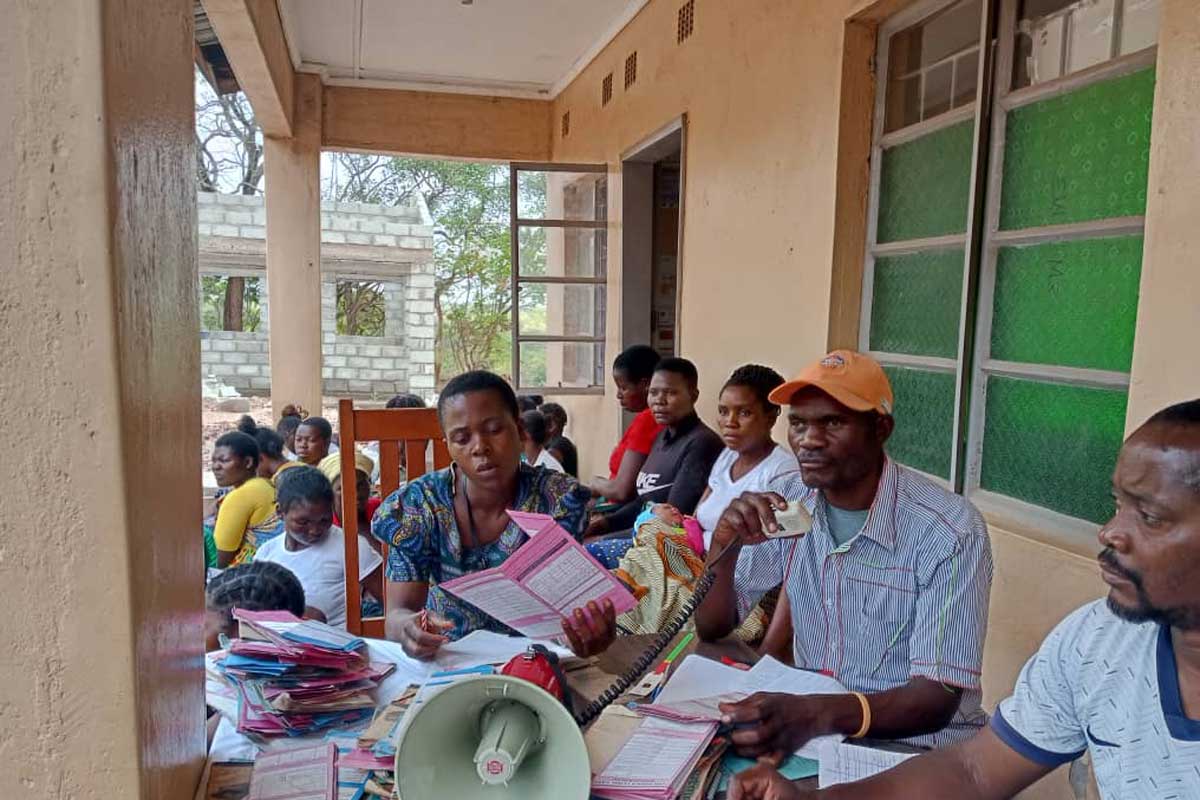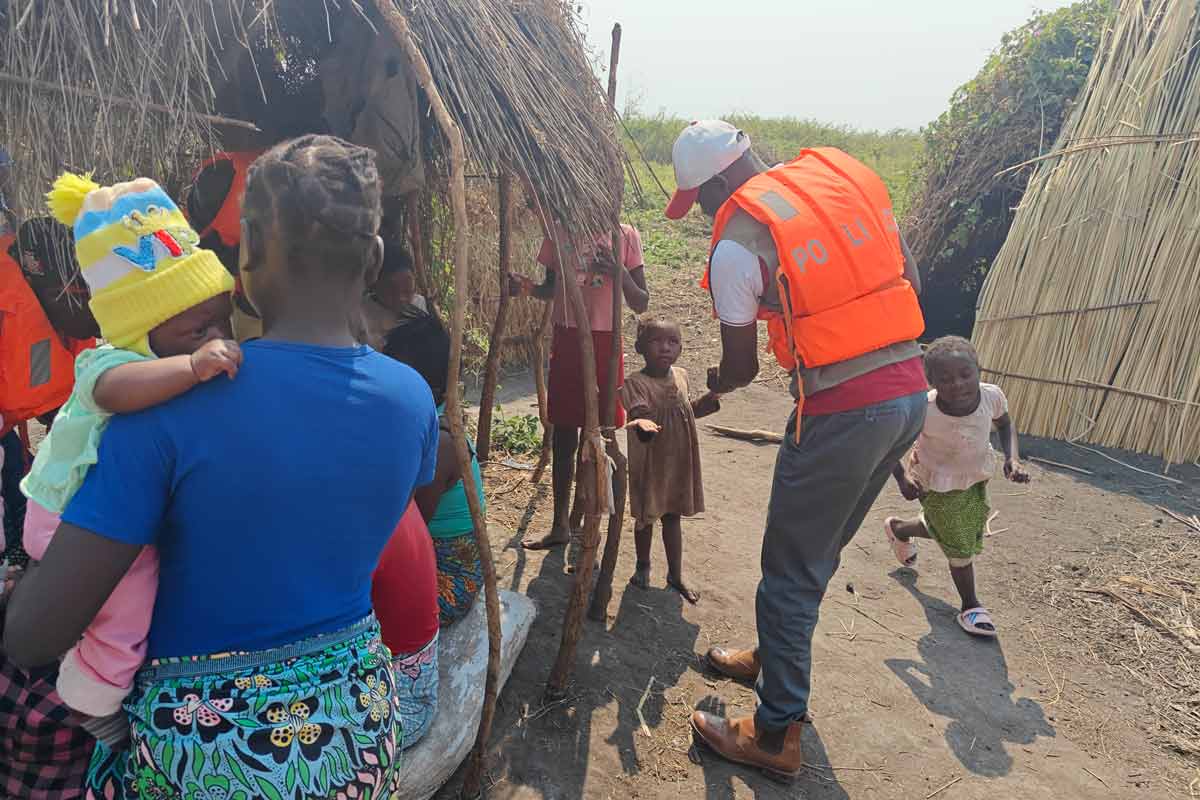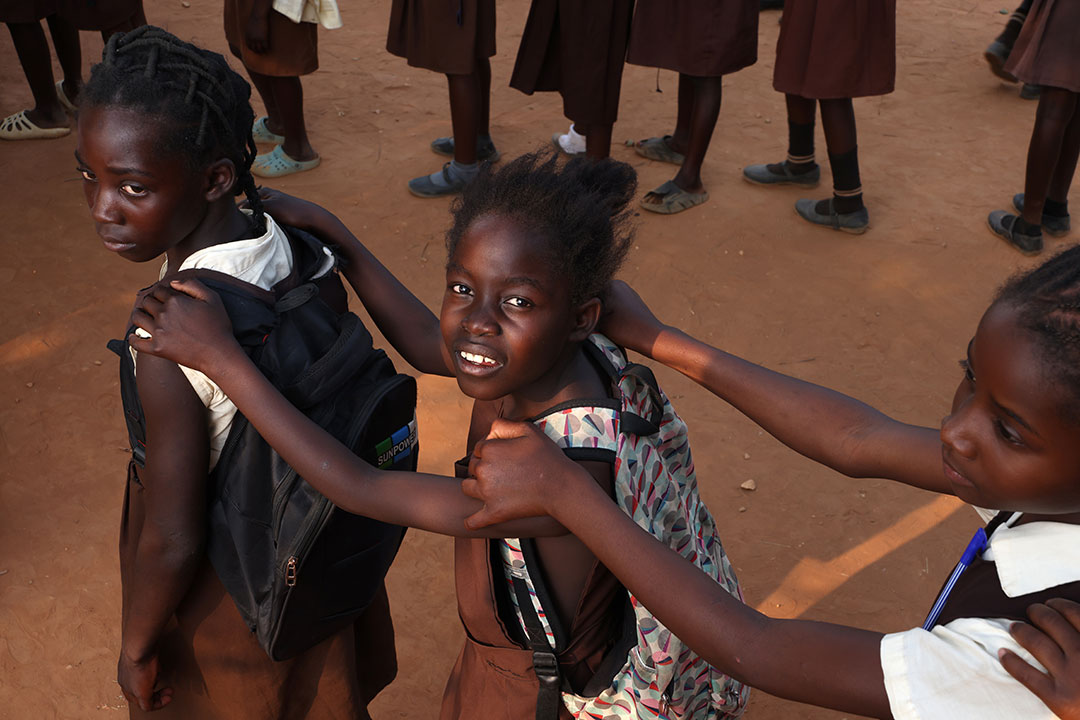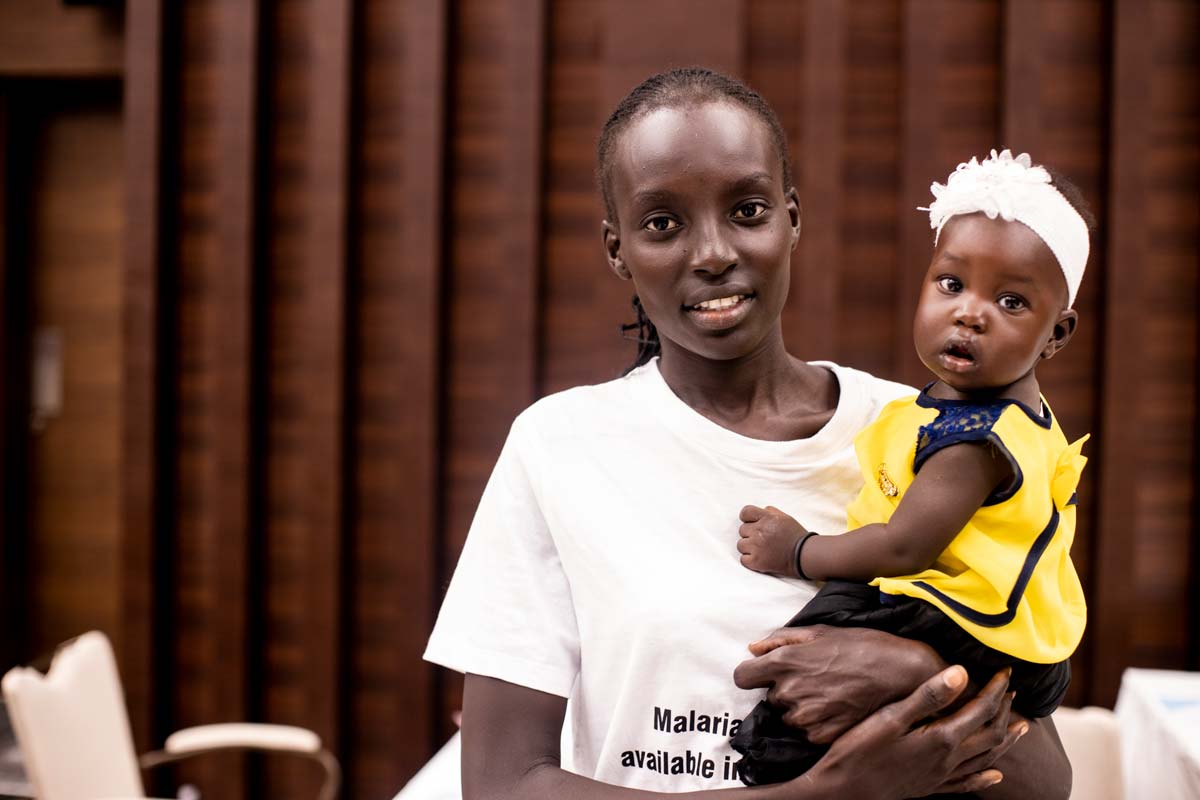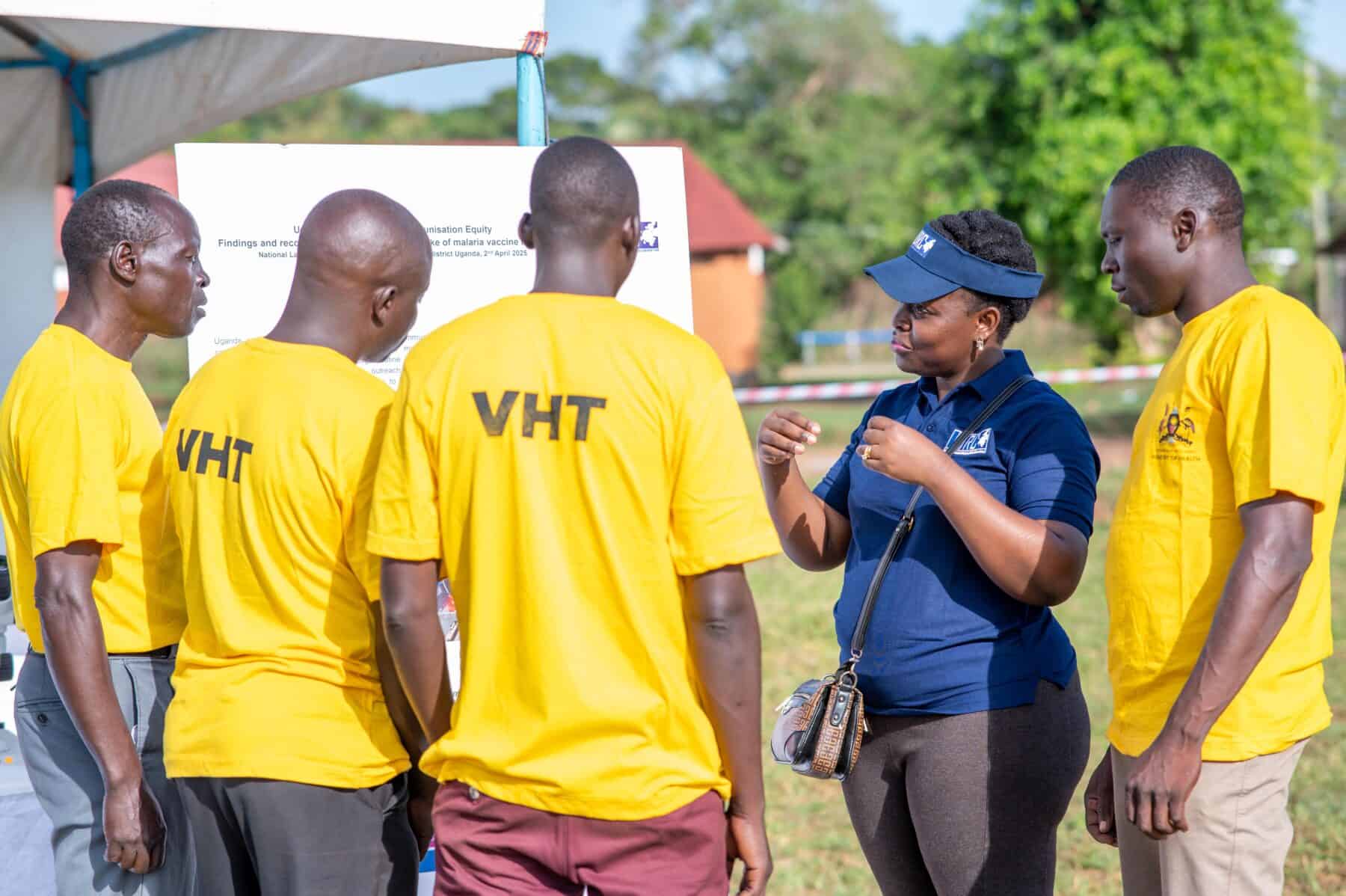Zambia is the first country in Africa to roll out long-acting, injectable HIV prevention drug
Fiske Nyirongo talks to Tabo Lukato-Hadunka, a Zambian HIV activist, to learn more about this milestone in the country’s fight against HIV/AIDS.
- 3 June 2024
- 4 min read
- by Fiske Nyirongo

In February 2024, the Zambia Ministry of Health launched a PrEP (pre-exposure prophylaxis) injectable – also known as long-acting cabotegravir (CAB-LA) – which provides about two months of HIV protection for its users. Zambia is the first country in sub-Saharan Africa to offer the injectable - which is not a vaccine, but a medicine that works by blocking an enzyme HIV needs to replicate - outside of a study setting. VaccinesWork caught up with Tabo Lukato-Hadunka, a 28-year-old clinician, psychotherapeutic counsellor, self-described behavioural science enthusiast and HIV activist, who has been closely following the roll-out, to learn more.
"Monumental step"
Lukato-Hadunka has lived with HIV for over 20 years, and says she uses her lived experience and technical understanding to "humanise HIV".
“I publicly share my story of how I have maintained an undetectable viral load and managed not to transmit the virus to my husband and baby through good drug adherence. But expanding access to prevention could be a game-changer."
– Tabo Lukato-Hadunka, clinician, psychotherapeutic counsellor, self-described behavioural science enthusiast and HIV activist
"I publicly share my story of how I have maintained an undetectable viral load and managed not to transmit the virus to my husband and baby through good drug adherence," she says. But expanding access to prevention could be a game-changer, she acknowledges.
"The introduction of injectable PrEP in Zambia is a monumental step in the country's fight against HIV. It provides a new, highly effective method of HIV prevention, especially for those who may struggle with daily oral PrEP adherence," says Lukato-Hadunka.
"Peace of mind"
The roll-out of the injectable, supported by the USAID DISCOVER Project, is phased, as supply is constrained: the first consignment of CAB-LA numbered 15,000 vials, according to the Ministry of Health.
Lukato-Hadunka explains, "The roll-out is being done in phases, with the first phase covering districts like Lusaka, Chibombo, Mazabuka, Kitwe and Nakonde. One of the health centres is the Mwanjuni Health Post in Chibombo District. This site [Mwanjuni] was chosen due to the large number of people, especially adolescents and young people, who have accessed oral PrEP there. The selection of sites for the roll-out of injectable PrEP appears to be based on factors such as the prevalence of HIV, the number of individuals at high risk of HIV infection, and the existing infrastructure for delivering HIV prevention services. As the programme expands, it is expected that more clinics and health centres across Zambia will offer CAB-LA," she said.
Have you read?
Mwanjuni Health Post was also the site of the CAB-LA launch event, the roll-out having been flagged off by Health Minister Sylvia Masebo. On that occasion, local media interviewed a 23-year-old Mwanjuni community volunteer, Miranda Zulu, who was the first person outside of the US to receive the injectable.
"I chose injectable PrEP as my HIV prevention method as it's effective and lasts a long time… I have peace of mind," she shared.
Small steps, big leaps?
The numbers, so far, are small. The first batch was projected to "protect at least 2,000 Zambians against HIV for one year," according to the Ministry of Health. A further batch of 20,000 vials arrived in-country in May. But Lukato-Hadunka has crunched the numbers, and says the available doses could go a long way.

Credit: Tabo Lukato-Hadunka
"I understand why many would feel that the numbers are low, especially with Zambia's population that is estimated to be about 20 million. Given this population size, 20,000 vials would cover less than 0.1% of the population. The annual incidence of HIV among adults in Zambia was 0.31%, corresponding to approximately 28,000 new cases of HIV per year among adults. The additional vials could potentially cover most of the annual new cases if used strategically; that is, if we focus on key populations," she says.
No silver bullet
"The long-acting injectable PrEP is a significant advancement in the fight against HIV in Zambia. While I would say it may not be a 'silver bullet' that completely eradicates all challenges, it does address several key issues surrounding HIV prevention," Lukato-Hadunka says.
However, she noted the success of CAB-LA in Zambia will depend on several factors, including "widespread access, effective distribution, community engagement, and continuous monitoring and evaluation of its impact".
While CAB-LA is a promising tool, a multifaceted approach that includes education, regular testing and treatment for those living with HIV is essential to combat the epidemic effectively. The introduction of CAB-LA is a step forward, but it is part of a larger strategy needed to overcome the challenges of HIV prevention in Zambia," she concludes.
"Zambia's early adoption of CAB-LA positions the country as a leader in HIV prevention, potentially attracting global attention and resources that can further support the cause," she adds.
